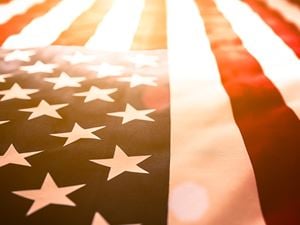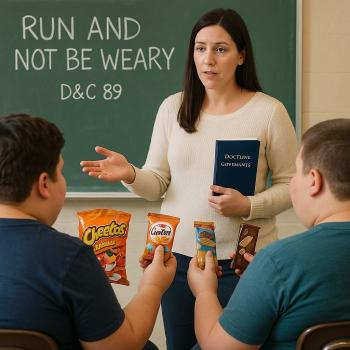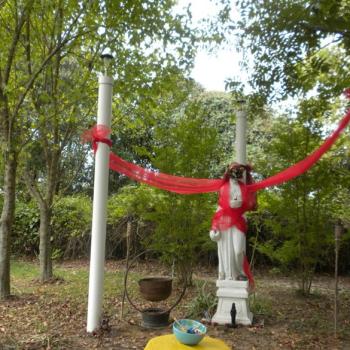
Already a sensitive issue deeply tied to America’s partisan politics, the battle over which political party can “claim religion” has recently become ever more fierce. Republicans and Democrats alike have questioned one another’s devoutness, commitment to their espoused religious tradition, and the religious morals that would undergird the next American Presidency. Debates over support for a candidate seem to be as often grounded in religious arguments as they are focused on policy issues.
Joe Biden’s Catholicism has come under intense scrutiny and fire; he has even been accused of being against God. Some paint conservative American Evangelicals who support Donald Trump as a single, politically coopted monolith given over to hatred. For many people, the moral and ethical values associated with the next Presidency are deeply important to their hopes for the future of the United States. Perhaps more than ever before, our political loyalties have become entangled in religious identities that speak to our understanding of community, the value of human life, how we care for the poor and raise up the voices of the marginalized, and how we deal with divisive issues like racial tension in America.
However, many in our nation’s diverse religious communities have openly expressed concern that, while their social and moral commitments might best be reflected in a particular political platform, the politicization of their faith is an assault on a more fundamental spiritual principle. There is deep discomfort with the anger and hatred being projected through a religious lens. The best of this country’s faith traditions moves us towards compassion across difference, patience in solving shared problems, humility in the face of alternative viewpoints, empathy for others who are suffering, and aspiration for a better shared future. The glorification of conflict and violence is antithetical to these values.
As I listen to the public rhetoric surrounding this election cycle and witness the increasing demonization of each side by the other, I cannot help but feel disheartened. But, after a decade of focusing on the role of faith in resolving violence in conflict zones around the world, I know that religion is not only deeply important to our global community, but it has proven to be a critical part of any effort to restore peace in fractured societies.
At my organization, we bear witness to the fact that collaboration across faith differences can and does bring positive social transformation. For instance, a network of Christian and Indigenous women of faith in Colombia is working to reconcile and reintegrate of former combatants into conflict impacted communities. In conservative religious schools in Pakistan, core Islamic principles are being applied to enhance inclusive pedagogy and curricula to reduce drivers of extremism. In Yemen, which is torn apart by war, disease, and famine, religious and tribal leaders work with at-risk youth to provide alternatives to supporting militant groups.
In these highly contentious times, the rich mosaic of America’s religious landscape might actually be one of our greatest untapped resources. What that must mean for us, however, is that we hold dear that which our fellow Americans hold sacred. Protecting our neighbor’s right to worship freely is precisely what protects our own faith. Using religious difference to discredit, undermine, and target those who are politically opposed to us is contrary to our fundamental national identity. The social norms and structures of government in our country, perhaps more than anywhere in the world, are specifically grounded in the sanctity of our diversity. The very fact that we protect the rights of Americans to hold a wide range of opinions and convictions has called people from all over the world to seek our shores for two centuries.
There is a sacred hadith in the Islamic tradition in which the Prophet Muhammad (PBUH) is asked by a companion “Who is it that does not have faith?” to which he replied, “One whose neighbor is not safe from his evil.” Jesus instructs his followers to, “love thy neighbor as thyself.” The Buddhist principle of Karuna, or compassion, encourages us to desire and seek an end to the suffering of those around us. The Jewish concept of Tikkun Olam compels believers to seek to heal what is broken in the world. Even our secular moralities steer us toward peace and care for the human community. I believe that we need to look to our spiritual and faith commitments, not to tell us who to struggle against, but to help us navigate the difficult path that will heal the social fractures that have come to increasingly define our country.
While so many seem bent on using religion to drive a wedge deeper between us, we can resist by demonstrating that religious faith can and should be part of the solution to the serious challenges that are facing us. With many allies of different faiths – and none – my hope is that all who seek social healing will join together to help raise up our American community beyond the grasp of any who might tear us apart.
James Patton is the president and CEO of the International Center for Religion & Diplomacy, a conflict transformation organization that seeks to elevate and integrate the role of multi-faith religious actors, institutions, and values in preventing and resolving violence. (www.ICRD.org)
6/11/2021 3:48:13 PM




